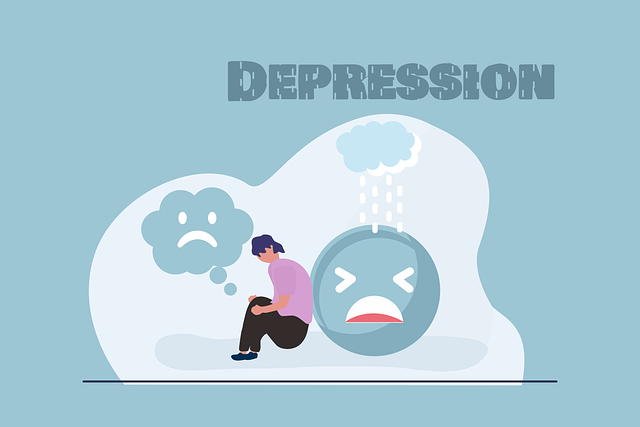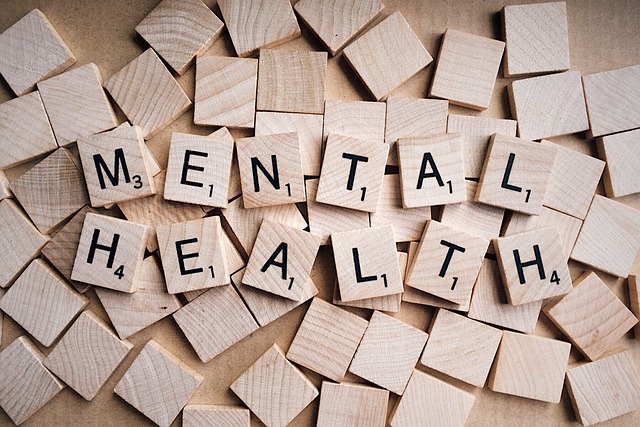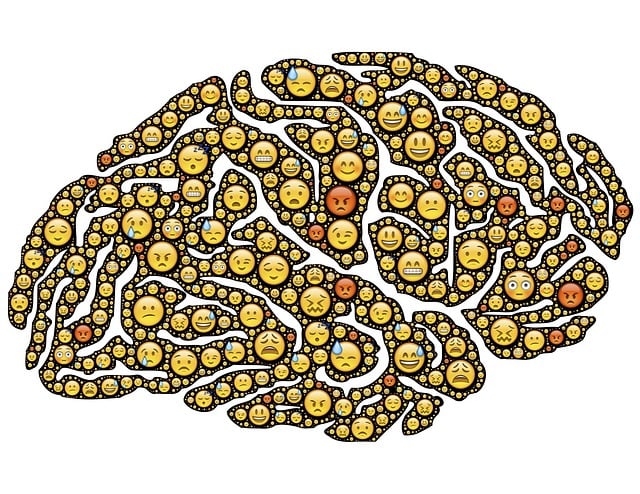Adolescence is a vulnerable period for emotional development, making loss especially challenging. Teenagers from blended families face unique complexities, requiring tailored therapy to address grief, identity issues, and family dynamics. Cognitive Behavioral Therapy (CBT), combined with mindfulness and education programs, offers holistic support. These methods empower teens with coping tools, enhance emotional intelligence, reduce stigma, and foster resilience, ensuring they navigate loss healthily and prepare for adulthood. #TherapyForAdolescentTeensBlendedFamilies
Loss, grief, and bereavement significantly impact adolescent teens, especially in blended families. This article explores these complex emotions, offering insights into the unique challenges faced by both teens and counselors. We delve into effective therapy approaches tailored to process loss and support healing. Understanding the specific needs of teenage clients from mixed family backgrounds is crucial for providing appropriate counseling. By examining various strategies, this guide aims to equip professionals with tools to aid adolescents navigating their emotional journeys.
- Understanding Loss, Grief, and Bereavement in Adolescent Teens
- The Unique Challenges of Counseling Blended Families
- Effective Therapy Approaches for Processing Loss
- Supporting Teenagers Through the Healing Process
Understanding Loss, Grief, and Bereavement in Adolescent Teens

Adolescence is a period of significant emotional development, and when confronted with loss, grief, or bereavement, it can be especially challenging for teens. Understanding these complex emotions within this unique developmental stage is crucial. Loss can manifest in various forms, from the death of a loved one to major life changes like blended families. It’s important to recognize that every teen experiences grief differently, and what may seem typical for one might not be for another.
In the context of therapy for adolescent teens, especially those from blended families, addressing loss requires a nuanced approach. Trauma support services can play a vital role in helping teens process their emotions, offering safe spaces for them to express their feelings. Mindfulness meditation and resilience-building techniques are also valuable tools; they teach teens how to navigate difficult emotions, fostering adaptability and emotional intelligence. This holistic support ensures that adolescent teens receive the necessary tools to cope with loss and bereavement, promoting a healthier transition through this challenging period.
The Unique Challenges of Counseling Blended Families

Counseling within blended families presents a unique set of challenges. These families often include step-parents, half-siblings, and complex dynamics from previous relationships, which can create intricate emotional landscapes. The process of grief and bereavement in such settings is multifaceted; adolescents within these households may struggle with feelings of identity, belonging, and security. They could be dealing with the loss of a parent or guardian, step-parent, or sibling, which impacts their sense of stability and familial connections.
Therapy for adolescent teens in blended families requires a nuanced approach. Mental illness stigma reduction efforts are crucial here, as teens may be reluctant to open up about their grief or underlying emotional struggles. Trauma support services can play a significant role in helping these individuals process their experiences and develop coping skills. The goal is to create a safe space where they can navigate their emotions, understand their family dynamics, and build resilience.
Effective Therapy Approaches for Processing Loss

Loss, grief, and bereavement can profoundly impact adolescents from blended families, making specialized therapy approaches essential. One effective method is incorporating elements of Cognitive Behavioral Therapy (CBT) tailored to this demographic. CBT helps teens identify and challenge negative thoughts and behaviors associated with loss, promoting healthier coping strategies. By teaching them emotional regulation skills, problem-solving techniques, and reframing negative perspectives, CBT empowers adolescents to navigate their grief in a healthy manner.
Additionally, incorporating Mental Health Education Programs designed for adolescents can be transformative. These programs focus on enhancing emotional intelligence, a crucial aspect of managing grief and building resilience. By fostering self-awareness, empathy, and effective communication skills, teens gain the tools to process their emotions, understand others’ perspectives, and seek support when needed. This holistic approach, combined with strategies like mindfulness and stress management techniques, can significantly aid adolescents from blended families in processing loss and cultivating emotional well-being.
Supporting Teenagers Through the Healing Process

Supporting Teenagers Through the Healing Process
When a teenager experiences loss and grief, it’s crucial to provide them with tailored therapy that addresses their unique needs. Many adolescents struggle with processing emotions like sadness, anger, or guilt, especially in complex family situations such as blended families. Therapy for adolescent teens becomes an essential tool for helping them navigate this challenging period. By offering safe spaces, mental health professionals can guide teens towards understanding and managing their feelings effectively. The process involves fostering open communication, encouraging self-reflection, and providing strategies for coping with loss, ultimately aiming to enhance resilience and promote self-esteem improvement.
In the realm of crisis intervention guidance, specialized counseling sessions equip teenagers with tools to cope with bereavement. This includes teaching them healthy ways to express their emotions, set boundaries, and seek support from peers and family members. Mental health awareness plays a pivotal role in breaking down the stigma surrounding grief, ensuring teens feel understood and encouraged during their healing journey. Through personalized approaches, therapists can help teenagers in blended families find solace and develop coping mechanisms that will serve them well into adulthood.
Loss, grief, and bereavement counseling play a pivotal role in helping adolescent teens navigate challenging life transitions. By understanding the unique dynamics of blended families and employing effective therapy approaches, counselors can foster healing and support teenagers through their emotional journeys. This comprehensive guide highlights the importance of specialized care for this vulnerable population, ensuring they find solace and grow from their experiences. For parents and guardians seeking resources, recognizing the signs of distress in teens and encouraging them to access appropriate therapy, such as that tailored for blended family dynamics, is a crucial step towards promoting mental well-being during times of loss.








